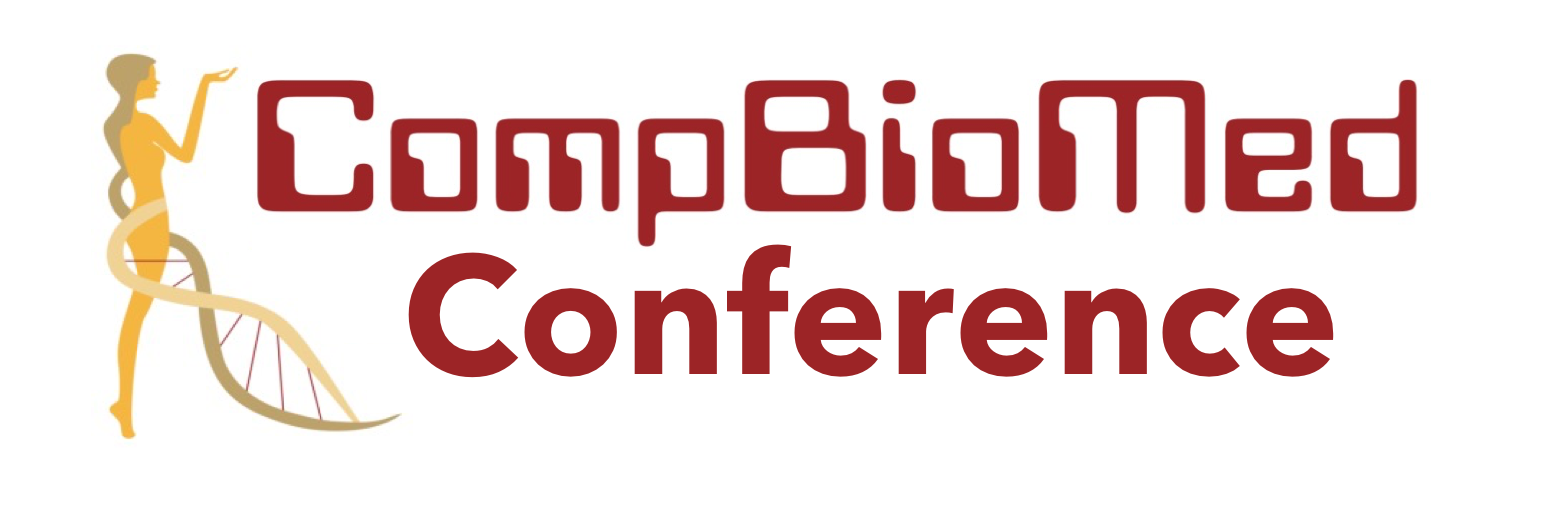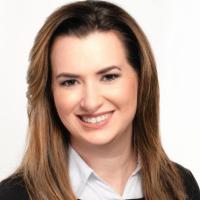
Amanda Randles
Amanda Randles is an Alfred Winborne and Victoria Stover Mordecai Assistant Professor of Biomedical Sciences at Duke University. Her research is in biomedical simulation and high-performance computing, focused on the development of new computational tools used to provide insight into the localisation and development of human diseases ranging from atherosclerosis to cancer.
Keynote Title: Unlocking the Potential: Advancing Vascular Digital Twins for Transformative Healthcare.
Abstract: The utilization of vascular digital twins has gained significant traction in the field of medicine, holding immense potential for transforming healthcare practices. These advanced models enable the creation of patient-specific replicas of vascular systems, facilitating precise measurements of blood flow conditions. Vascular digital twins provide a non-invasive solution for assessing stenosis severity, guiding treatment decisions, and optimizing surgical planning. Medical professionals can enhance their expertise and refine approaches with precision and confidence by performing virtual surgery and evaluating interventions beforehand. However, the development and deployment of vascular digital twins pose notable challenges. Constructing a realistic model of human blood flow entails complex mathematical and computational tasks, incorporating fluid dynamics, intricate vessel geometry, pulse-driven flow and pressure changes, and the behavior of red blood cells. Furthermore, the seamless integration of personalized models with streaming wearable data for holistic patient views and virtual reality interfaces for intuitive interaction by clinicians and researchers presents additional hurdles. In this presentation, I will outline various approaches to addressing the technical issues of developing vascular digital twins and their current state.
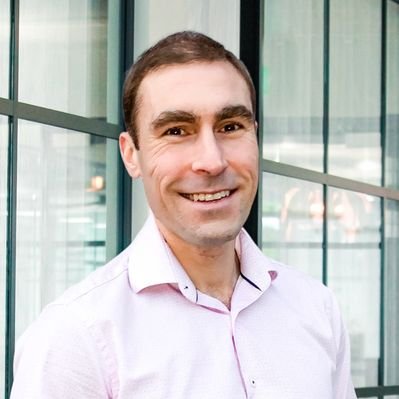
Richard Law
Richard Law is the Chief Business Officer at Exscientia. He has spent almost 20 years in drug discovery, first as a computational chemist, and then in business development. After his degree and PhD in Biochemistry & Molecular Biophysics at the University of Oxford, he spent several years working in academia, biotech and government labs in California as a comp chemist. In 2008 he was hired as the Head of Computational Chemistry at Evotec, and after leading a team and several drug discovery projects, became SVP Business Development, managing a team to build sucessful alliances between Evotec and biotech and Pharma.
Keynote Title: The future of AI enabled drug discovery.
Abstract: Exscientia has pioneered a new and more efficient approach to discovering and developing drug candidates, through our automated AI generative design platform. This presentation will discuss the evolution of Exscientia from university spin off to a global pharmatech. Our mission at Exscientia is to encode and automate drug discovery. Ultimately, bringing together a suite of sophisticated computational design tools and methods with a scalable engineering platform and an automated physical laboratory, and connecting that to a patient tissue based precision medicine platform. Exscientia has led the precision design of AI-generated molecules including creating the first AI-designed compounds to enter clinical trials. In this talk we will describe our approach to molecular design using our end-to-end patient centric, AI-enabled platform. We will explain how this approach has enabled Exscientia to tackle challenging target product profiles across a diverse range of targets. Crucially, we demonstrate how we have used this capability to develop several candidates that have either entered the clinic or are in IND-enabling studies. This includes targeting PKC-theta, LSD1 and MALT1, solving complex design challenges for each. Patient-first AI will also be discussed, which integrates primary patient tissue samples into target discovery, drug design and personalised treatment decision making, to ensure clinical relevance at every stage of our AI-led drug discovery process.
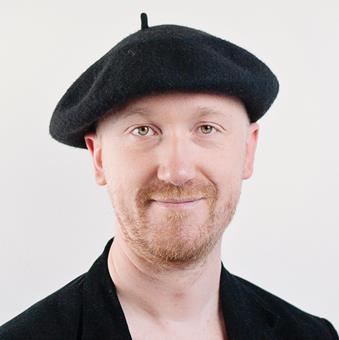
Gunnar Cedersund
Gunnar Cedersund heads a cross-disciplinary research group at the Department of Biomedical Engineering (IMT) at Linköping University. The heart of this group (20+ people) does hybrid mathematical modelling, combining machine learning with mechanistic small- and large-scale models. These models are developed using both pre-clinical and experimental data of various types, which are collected both by experimentalists and clininicians within the same group, and by numerous collaborators. These models are made available for preventive and patient-centric care, as well as for drug development and medical pedagogics, using innovative eHealth technologies. This is made possible, e.g., via the fact that Cedersund heads the 6MEuro EU project STRATIF-AI, which brings his digital twins into healthcare for all phases of stroke (prevention, acute treatment, and rehabilitation), using a series of different apps, which all are connected to the same backend.
Keynote Title: Multi-organ, multi-level, and multi-timescale digital twins of individuals.
Abstract: For the last 20+ years, Cedersund has developed mechanistic mathematical models for all of the main organs in the human body: heart, liver, fat, brain, etc. Lately, these models have combined into an interconnected model for the body as a whole. This interconnected model can be made specifically for each individual, and is then called a digital twin. This digital twin technology employs a hybrid approach, which combines the mechanistic simulation models with machine learning and bioinformatics models. This allows a patient, doctor, or other end-user to look inside the body of a patient, as it is now, ranging from the whole-body to the intracellular level. This also allows for simulations of different future scenarios, ranging from ms to years, and can simulate e.g. the risk of a stroke, depending on choice of diets, exercise, and certain medications. The models are thus of an M4-nature: multi-level, multi-timescale, mechanistic, and multi-organ. The focus on this talk will be on how we systematically test mechanistically hypothesis on the intracellular and organ levels, using mechanistic modelling, optimization, and predictions with uncertainty – followed by corresponding model-designed experiments. I will also to some extent go through how we assemble the different organ sub-models together into the integrated digital twin, which in itself is a modelling problem, and how we then put all of this into a series of different eHealth apps, useful for both individuals, healthcare personnel and drug development companies. .
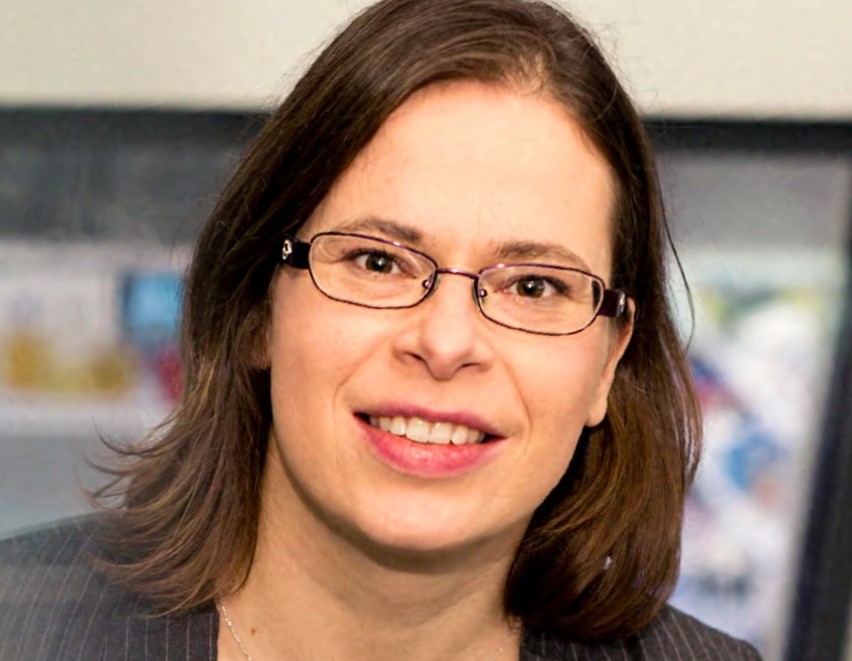
Ines Thiele
Ines Thiele is the principal investigator of the Molecular Systems Physiology group at the National University of Ireland, Galway. Her research aims to improve the understanding of how diet influences human health. Therefore, she uses a computational modelling approach, termed constraint-based modelling, which has gained increasing importance in systems biology.
Keynote Title: The role of whole-body metabolic modelling in computational medicine.
Abstract: Human metabolism is a complex interplay of biochemical transformations occurring in the different organs in the human body. Moreover, whole-body metabolism is modulated by genetic and environmental factors as well as by the microbes that live in and around us. To untangle these complex relationships, computational modelling approaches are required. To this end, we have developed the first sex-specific, organ-resolved models of human metabolism. Here, I will present these whole-body models and demonstrate how they can be used to investigate whole-body metabolic changes 1. associated with genetic disorders, 2. associated with different gut microbial compositions associated with health and disease, and 3. for personalised medicine. These examples will highlight how these models can be used to systematically investigate metabolic changes in health and disease.
